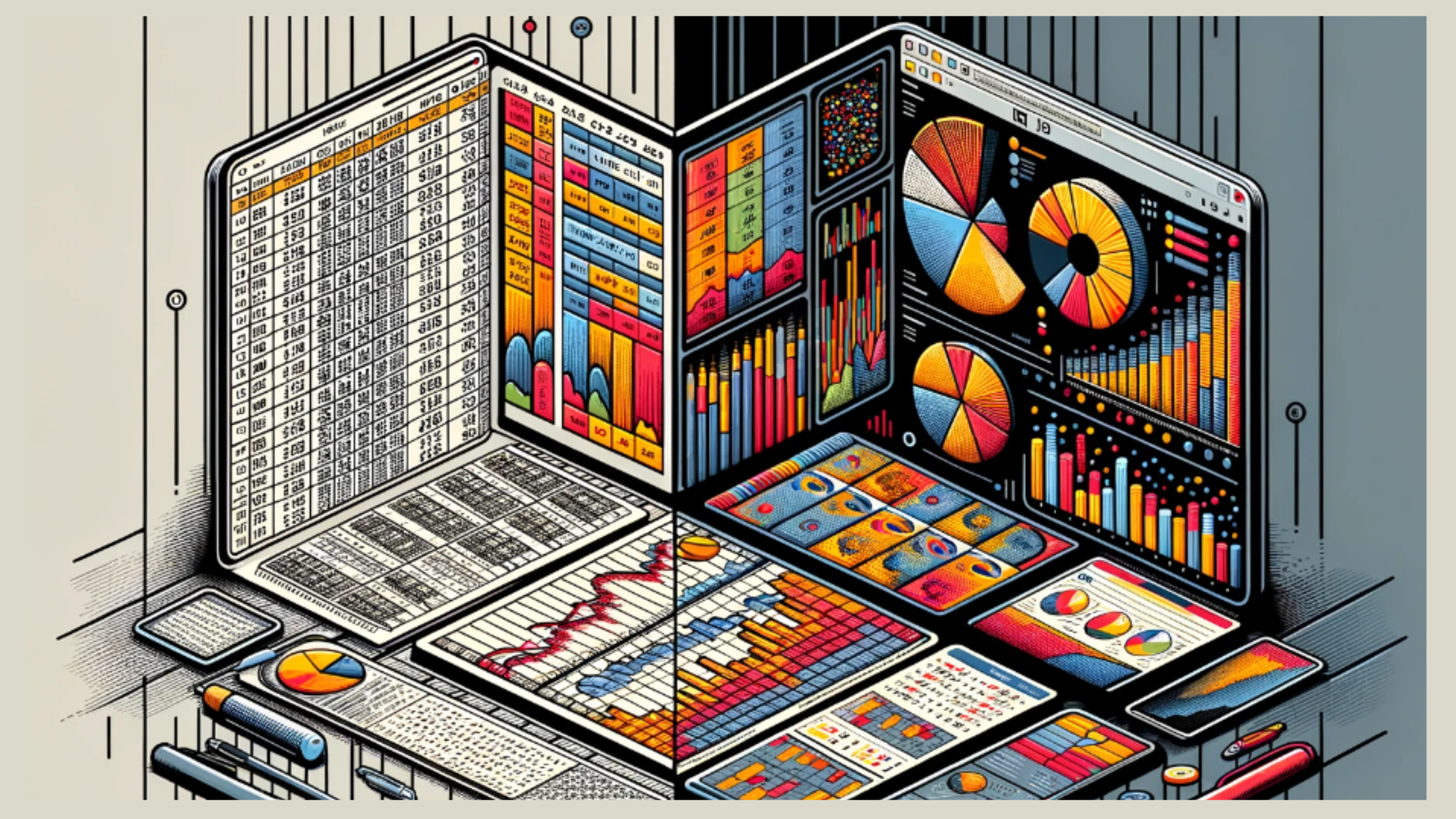In the complex and ever-evolving landscape of healthcare, financial stability is a critical concern for multispecialty hospitals. Managing costs, optimising revenue cycles, and ensuring sustainable financial health are paramount. This is where healthcare financial analytics plays a transformative role, providing hospitals with the tools they need to enhance their financial stability.

What Is Healthcare Financial Analytics?
Healthcare financial analytics involves the systematic collection, processing, and analysis of financial data within healthcare institutions. It helps hospitals make informed decisions by providing insights into cost management, revenue optimization, and financial planning. Through advanced analytics, hospitals can gain a clearer understanding of their financial performance and implement strategies to improve financial health.
Enhancing Financial Stability Through Healthcare Financial Analytics
Cost Management:
By analyzing financial data in real-time, hospitals can identify areas where costs can be reduced without compromising the quality of care. Financial analytics allows for better budgeting, resource allocation, and cost-control measures, leading to improved financial stability.
Optimizing Revenue Cycles:
Revenue cycle management is crucial for the financial health of any hospital. Financial analytics provides insights into billing processes, payment cycles, and revenue streams, helping hospitals optimize their revenue cycle management and reduce losses.
Predictive Financial Planning:
With predictive analytics, hospitals can forecast future financial trends and challenges. This proactive approach allows for better financial planning, ensuring that hospitals are prepared for potential financial risks and can maintain long-term stability.
Improving Cash Flow:
Healthcare financial analytics helps in tracking and managing cash flow more effectively. By monitoring financial transactions and revenue patterns, hospitals can ensure a steady cash flow, which is essential for operational stability.
Enhancing Financial Reporting:
Accurate and timely financial reporting is essential for decision-making. Financial analytics tools provide detailed reports and dashboards that give hospital administrators a comprehensive view of their financial status, enabling more informed and strategic decisions.
The Role of Technology in Healthcare Financial Analytics
The integration of advanced technology in financial analytics has revolutionized how hospitals manage their finances. Tools like data analytics platforms, electronic health records (EHRs), and financial management systems allow hospitals to collect and analyze vast amounts of financial data quickly and accurately. These technologies not only enhance financial stability but also improve overall operational efficiency.
Challenges and Considerations
While healthcare financial analytics offers significant benefits, there are challenges to consider. Data privacy and security are critical, especially when dealing with sensitive financial information. Hospitals must ensure that their financial analytics systems are secure and comply with industry regulations to protect patient and financial data.
 The Future of Healthcare Financial Analytics
The Future of Healthcare Financial Analytics
The future of healthcare financial analytics is promising, with continuous advancements in technology. As hospitals increasingly adopt data-driven approaches, financial analytics will become even more integral to maintaining financial stability. From AI-powered financial forecasting to automated revenue cycle management, the potential for innovation in healthcare financial analytics is vast.
Conclusion
Healthcare financial analytics is a powerful tool that can significantly enhance the financial stability of multispecialty hospitals. By leveraging real-time data and advanced analytics, hospitals can optimize costs, improve revenue cycles, and ensure long-term financial health. As the healthcare industry continues to evolve, embracing financial analytics will be key to sustaining financial stability and success.


